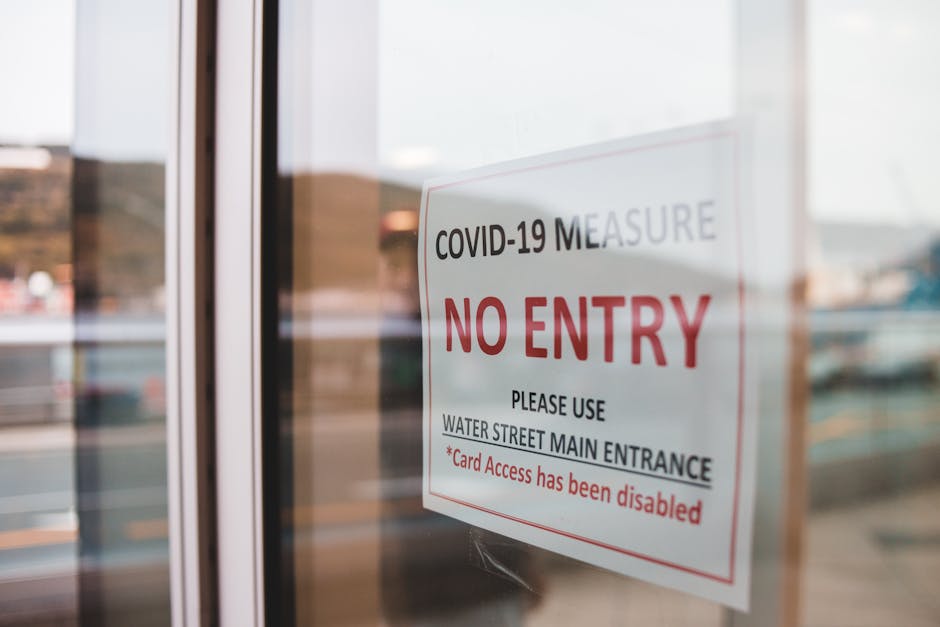Building Trust Through Transparent Contracts
Have you ever signed a contract without really understanding it? You’re not alone. In fact, a study found that 70% of individuals feel overwhelmed by legal documents. That’s where transparent contracts come in. They can make our lives easier and build trust in our relationships, whether personal or professional.
So, why should we care about transparent contracts? It’s simple. They clarify expectations, protect both parties, and foster a trustworthy environment. Lets dive deeper into what transparent contracts are and how they can benefit us all.
What Are Transparent Contracts?

Transparent contracts are agreements that are easy to read and understand. They avoid legal jargon and complex language. Instead, they use clear terms that anyone can grasp. Think of it this way: would you rather read a recipe that’s simple and straightforward, or one that’s filled with technical cooking terms?
In a transparent contract, key elements include:
- Clear language
- Defined responsibilities
- Open terms of engagement
- Easy access to the contract
By using plain language, these contracts make it easier for everyone involved to know what to expect.
Why Are Transparent Contracts Important?

Trust is the backbone of any relationship. Whether in business or personal agreements, trust matters. Heres how transparent contracts help build that trust:
- Clear expectations: When both parties understand their roles, confusion fades away.
- Reduced misunderstandings: Clear terms help prevent disputes later on.
- Increased accountability: Each party knows what they are responsible for.
In essence, transparent contracts create a solid foundation. They let everyone feel secure about the agreement.
How Can You Create a Transparent Contract?

Creating a transparent contract doesnt have to be a daunting task. Here are some simple steps to follow:
- Use simple language: Avoid legal jargon. Choose words that everyone can understand.
- Be specific: Clearly outline each partys responsibilities. Vague terms can lead to confusion.
- Define key terms: If you use any industry-specific phrases, explain them clearly.
- Include a summary: A brief overview at the beginning can help set the tone.
- Review together: Go through the contract with all parties involved. This fosters open communication.
By following these steps, you can craft a contract that everyone feels comfortable with.
What Are Common Misconceptions About Contracts?

Many people have misconceptions about contracts. Lets bust some myths:
- Myth 1: Contracts are only for big businesses.
Truth: Anyone can benefit from a clear agreement, whether hiring a babysitter or signing a lease. - Myth 2: Contracts protect only one party.
Truth: A well-made contract protects everyone involved. - Myth 3: Contracts are too complicated.
Truth: They can be simple, especially if you focus on transparency.
Understanding these myths helps demystify contracts and encourages more people to use them.
How Do Transparent Contracts Foster Relationships?
Trust is built on communication and understanding. Transparent contracts promote these qualities in several ways:
- Encouraging dialogue: When parties discuss the terms, it opens the door for questions and clarifications.
- Building rapport: A clear agreement can lead to a better working relationship.
- Creating a safety net: Knowing what to expect reduces anxiety and allows for collaboration.
In short, transparent contracts don’t just protect interests; they enhance relationships.
What Are Some Real-Life Examples of Transparent Contracts?
Lets look at a few scenarios where transparent contracts shine:
- Freelancers and Clients: A graphic designer might use a transparent contract to outline what the client will receive, such as number of revisions and payment terms.
- Landlords and Tenants: A clear lease agreement can specify rules about pets, maintenance, and rent due dates.
- Partnerships: Two business partners can draft a simple operating agreement that outlines each partners role, profit sharing, and decision-making processes.
In each case, transparency leads to better understanding and fewer conflicts.
What Do Experts Say About Transparent Contracts?
Experts agree that transparency in contracts is crucial. According to legal scholar Dr. Jane Smith, A transparent contract is more than just a document. it’s a commitment to clear communication. Her research shows that organizations that adopt transparent contracts see a 40% reduction in disputes.
This emphasizes how important transparent contracts are in professional settings. They lead to smoother operations and happier relationships.
How Can You Encourage Transparency in Your Contracts?
Implementing transparency doesn’t have to be hard. Here are some practical tips:
- Use templates: Find user-friendly templates online that emphasize clarity.
- Seek feedback: Ask the other party for input on the terms. This fosters collaboration.
- Make it accessible: Ensure that everyone involved has access to the contract at all times.
- Educate others: Share the importance of transparent contracts with your network.
These steps can help promote a culture of transparency in contracts.
What Are the Key Takeaways?
Building trust through transparent contracts is not just a nice idea; it’s essential. Heres a quick recap:
- Transparent contracts clarify expectations and reduce misunderstandings.
- Creating them involves using simple language and defining terms.
- Busting common misconceptions about contracts can encourage more people to utilize them.
- Transparent contracts promote better relationships and collaboration.
Remember, a contract should never feel like a burden. When crafted with transparency in mind, it becomes a tool for building trust.
Ready to start using transparent contracts? Take the first step today. Review your current agreements and see where you can make improvements. You’ll soon find that clarity leads to stronger relationships.
For further insights on the importance of clear communication in business, check out this article from Forbes.
And don’t forget, a little transparency can go a long way in making your agreements work for you.



